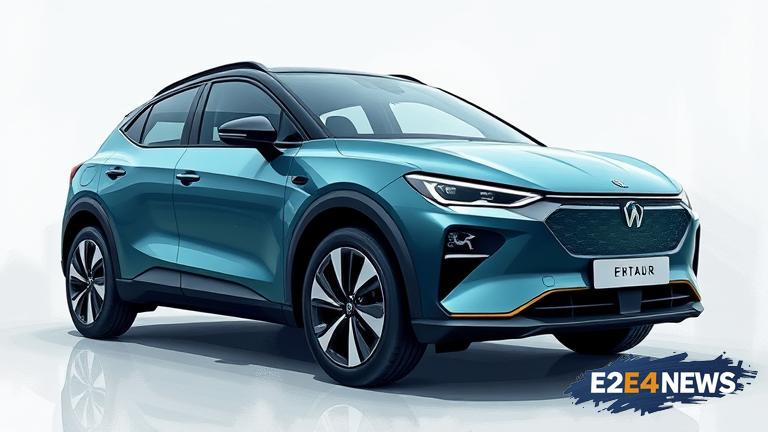The Indian government has announced a comprehensive plan to promote the adoption of electric vehicles (EVs) in the country. The plan includes a range of incentives and initiatives aimed at encouraging the use of EVs, reducing greenhouse gas emissions, and improving air quality. According to reports, the government plans to offer subsidies to EV manufacturers, as well as to consumers who purchase EVs. The subsidies will be provided under the Faster Adoption and Manufacturing of Electric Vehicles (FAME) scheme, which was launched in 2015. The government has also announced plans to develop EV charging infrastructure across the country, with a focus on major cities and highways. The plan includes the installation of EV charging stations at regular intervals, making it easier for EV owners to charge their vehicles on the go. Additionally, the government plans to promote the use of EVs in public transportation, with a focus on electric buses and taxis. The plan also includes initiatives to encourage the adoption of EVs in the private sector, such as tax incentives and low-interest loans. The government has set a target of having at least 30% of new vehicle sales be electric by 2030. To achieve this target, the government plans to invest heavily in EV infrastructure, including charging stations and manufacturing facilities. The plan has been welcomed by the automotive industry, with many manufacturers expressing their support for the government’s initiatives. The adoption of EVs is expected to have a significant impact on the environment, reducing greenhouse gas emissions and improving air quality. The plan is also expected to create new job opportunities in the EV sector, including in manufacturing, sales, and maintenance. The government has also announced plans to develop a comprehensive policy framework to support the growth of the EV industry. The policy framework will include regulations and guidelines for EV manufacturers, as well as incentives for consumers. The plan has been praised by environmentalists, who say that it is a step in the right direction towards reducing India’s dependence on fossil fuels. However, some critics have expressed concerns about the feasibility of the plan, citing the high cost of EVs and the lack of charging infrastructure. Despite these challenges, the government remains committed to its goal of promoting the adoption of EVs, and has announced plans to review and revise the plan as necessary. The plan is expected to have a significant impact on the Indian economy, with the EV industry expected to grow significantly in the coming years. The government has also announced plans to encourage the development of new EV technologies, such as battery swapping and charging systems. The plan is part of the government’s broader strategy to reduce greenhouse gas emissions and improve air quality, and is expected to play a key role in achieving these goals. Overall, the plan to promote the adoption of EVs in India is a significant step towards a more sustainable and environmentally-friendly transportation system.
